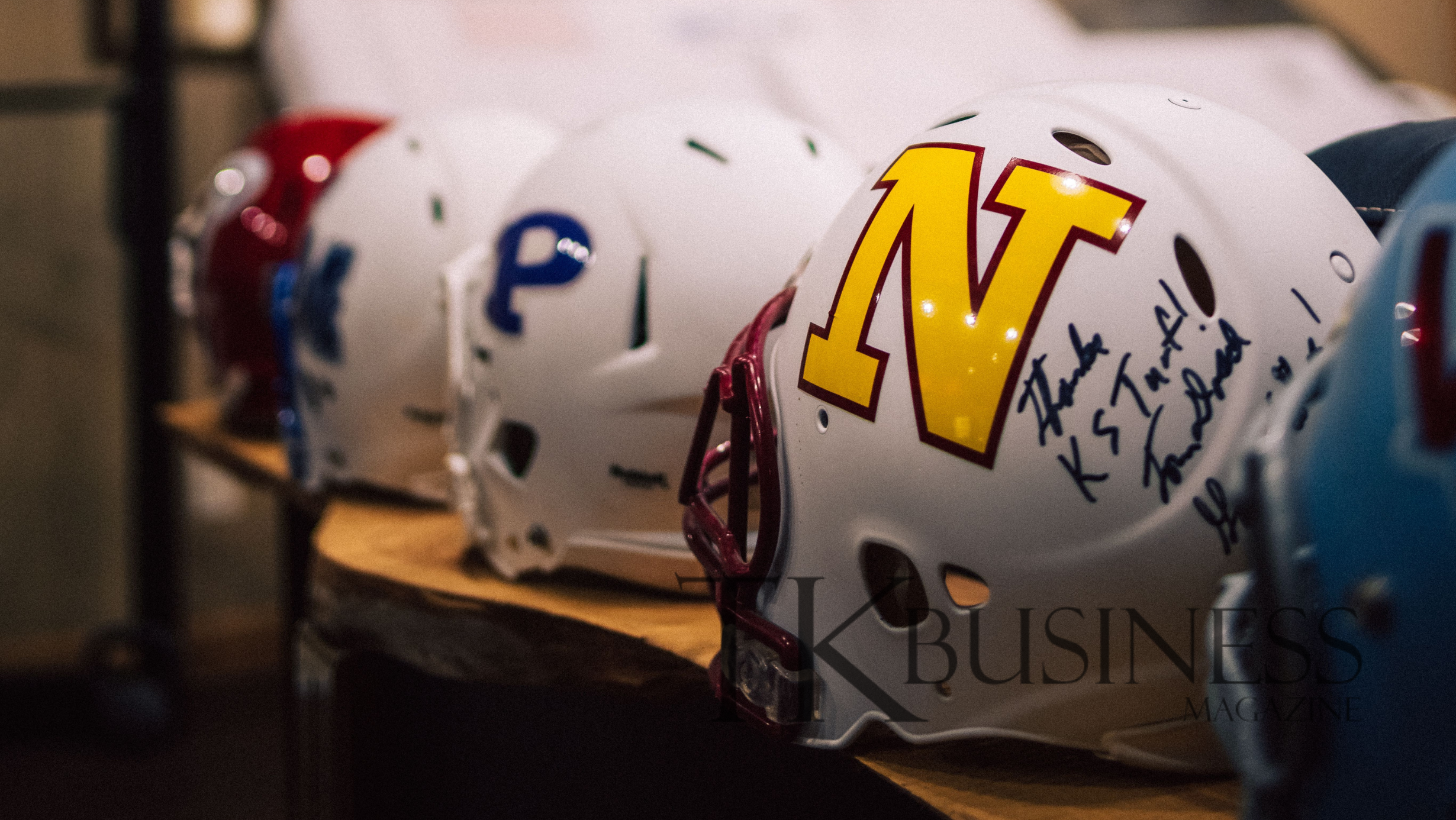Small Town Roots Fuel National Success
Photos by John Burns
Mammoth Sports Construction, based in Meriden, Kansas, specializes in full facility construction, from the fields to the ticket booths. Going beyond simply laying down turf, their team offers architectural and engineering services and even helps schools with fundraising. NFL and Division I college football fans have seen Mammoth Sports Construction’s work on the fields the New England Patriots, New York Jets and Giants, Detroit Lions and several of the Big 10 teams call home. But, fittingly for a Kansas-based business , their big break came from the K-State Wildcats.
GETTING OFF THE GROUND
Mammoth Sports Construction’s roots aren’t synthetic. Jake Farrant grew up working for his uncle’s golf course business. After his uncle purchased a sod farm, he remained concentrated on the greens, allowing Farrant to dig his heels into the sod business. Eventually, Farrant built his own client network. With his uncle’s permission, he used the company equipment to resod football fields on weekends. Eventually, in 2009, Farrant went out on his own.
“That's the hard trigger every entrepreneur or business owner has to pull,” Farrant said. Leaving his uncle’s payroll, 25-year-old Farrant moved back to his mother’s house to start Kansas Turf.
“That’s our humble beginning,” Farrant said. “When you’re at that point, you're just like anybody else. You're living paycheck to paycheck, contract to contract."
Farrant hustled hard as a team of one. Eventually, his dedication led to his first big milestone: a line of credit.
“I think any business owner would tell you the first big break they get is a banking partner,” said Farrant.
Farrant used the funds to buy more trucks, hire more people and boost his payroll. Kansas Turf ’s first multi-million project came in 2012. Farrant was bidding for a large national cemetery in Leavenworth. Knowing the best way to sell himself was in person, Farrant decided to fly out to D.C. with his teammate to try and ink the deal. But first, he needed a bit more in the bank.
“At that point, we were still just scraping by,” Farrant said.
This time the investor was Farrant’s girlfriend, Kysa. Using her college credit card to book two round trip tickets, Farrant and his teammate were off. Kysa’s investment made the difference. Farrant got the contract, marking his first multimillion-dollar project.
But even after its first major project, booking more jobs, particularly in sports, was hard for Kansas Turf. When bidding for high school contracts, they couldn’t compete with companies with more experience.
“We were really fighting the industry,” Farrant said.
Nevertheless, Kansas Turf continued to grow each year. In 2015, the team (now up to 12 employees) installed its first synthetic turf, a milestone that laid the foundation for bigger projects. But 2018 brought the project that changed everything: Kansas State University’s Bill Snyder Stadium. Farrant knew that Kansas Turf would never be the same after that.
“When we got the contract, I told the team, ‘This is going to change our lives,’” Farrant said. “I think that held true. It really catapulted us into a whole new realm.”
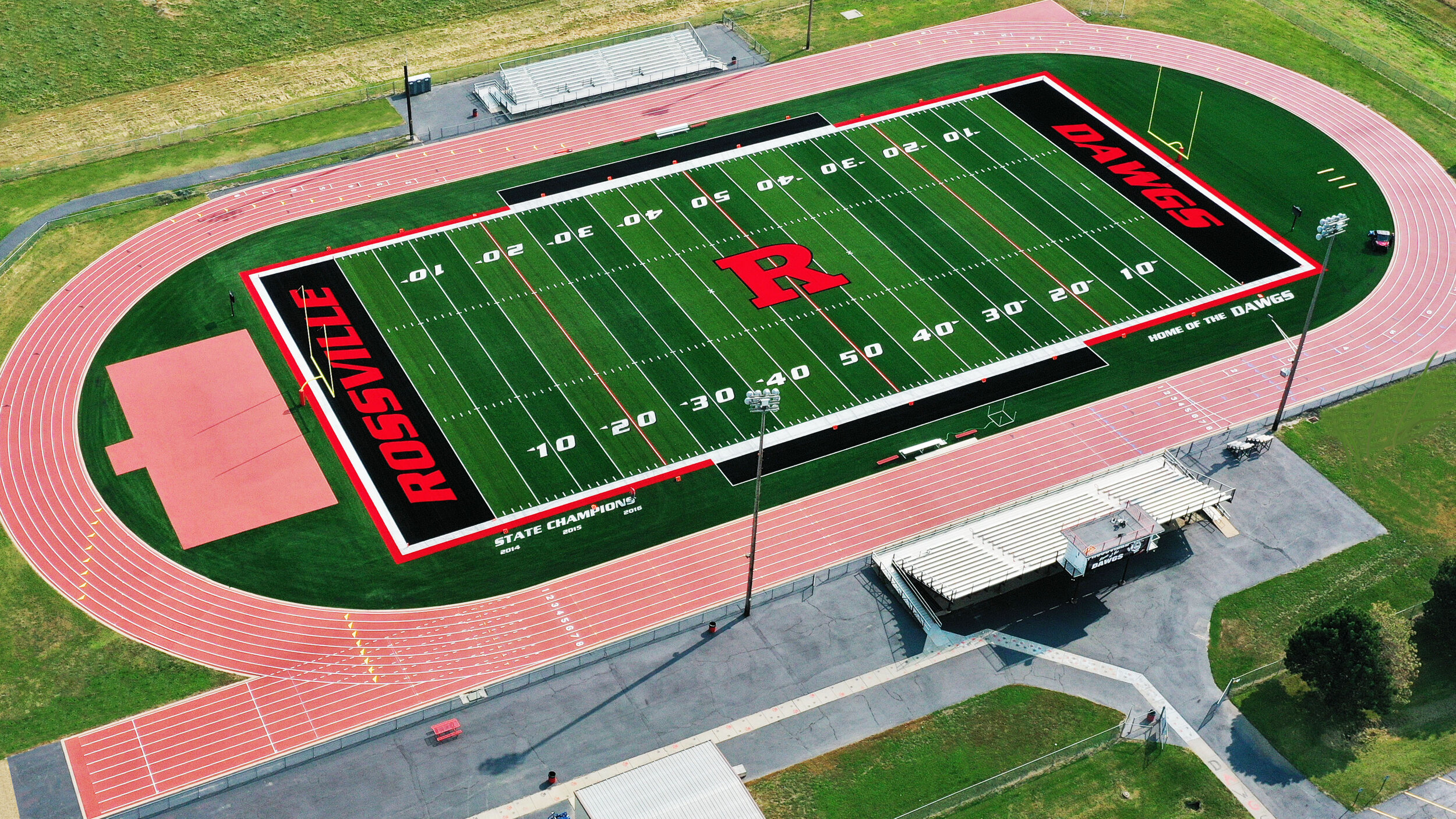
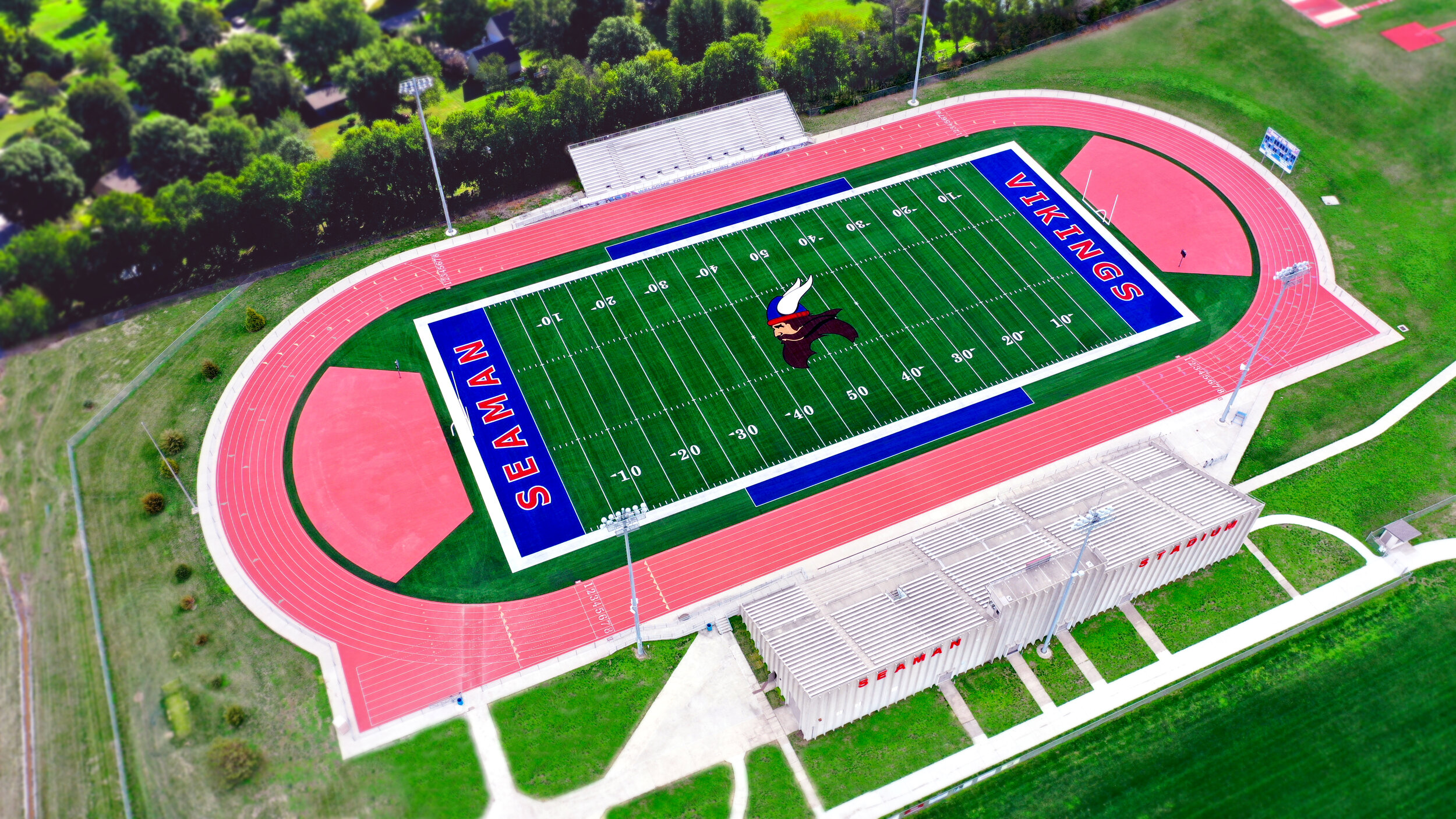
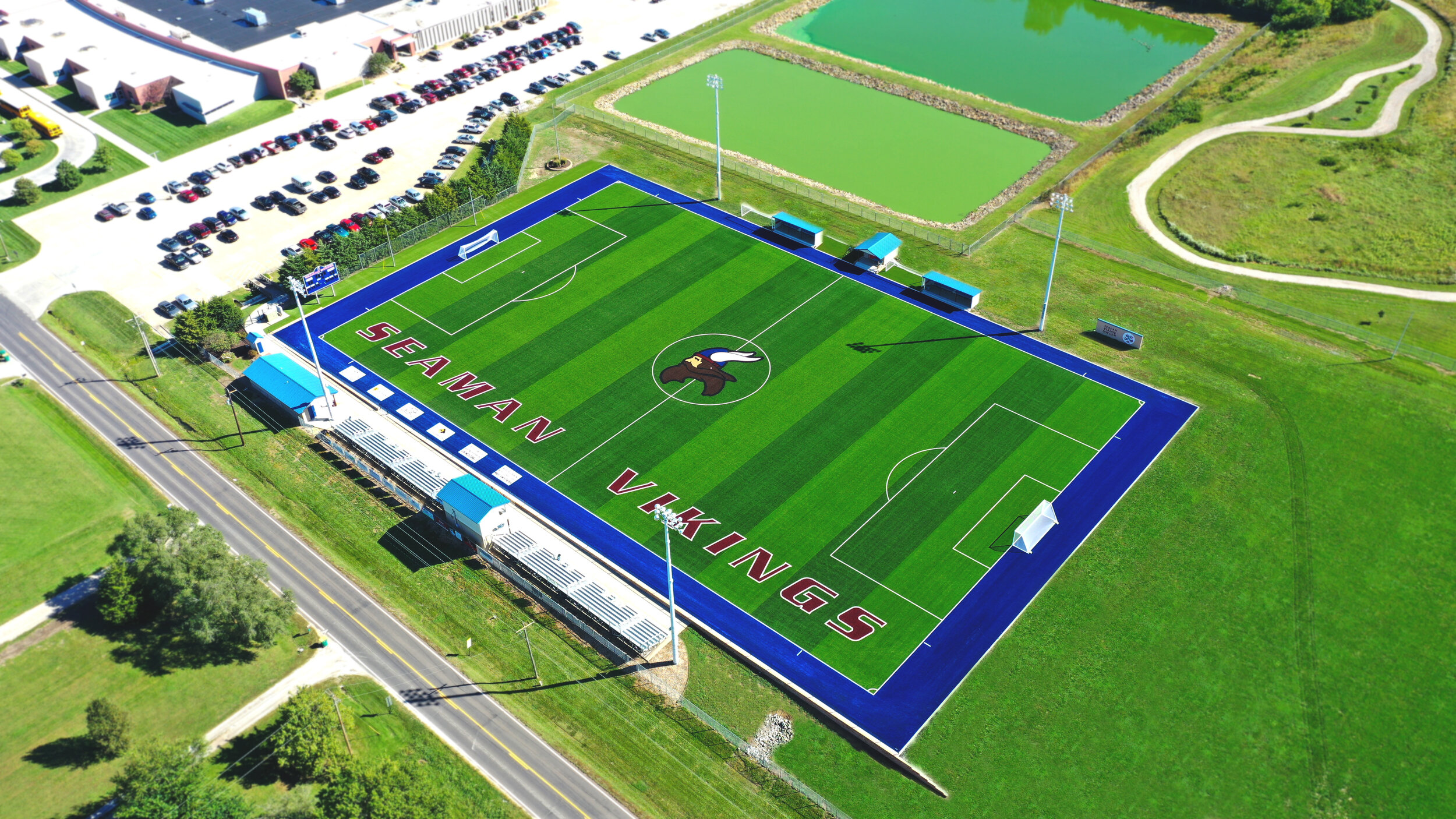
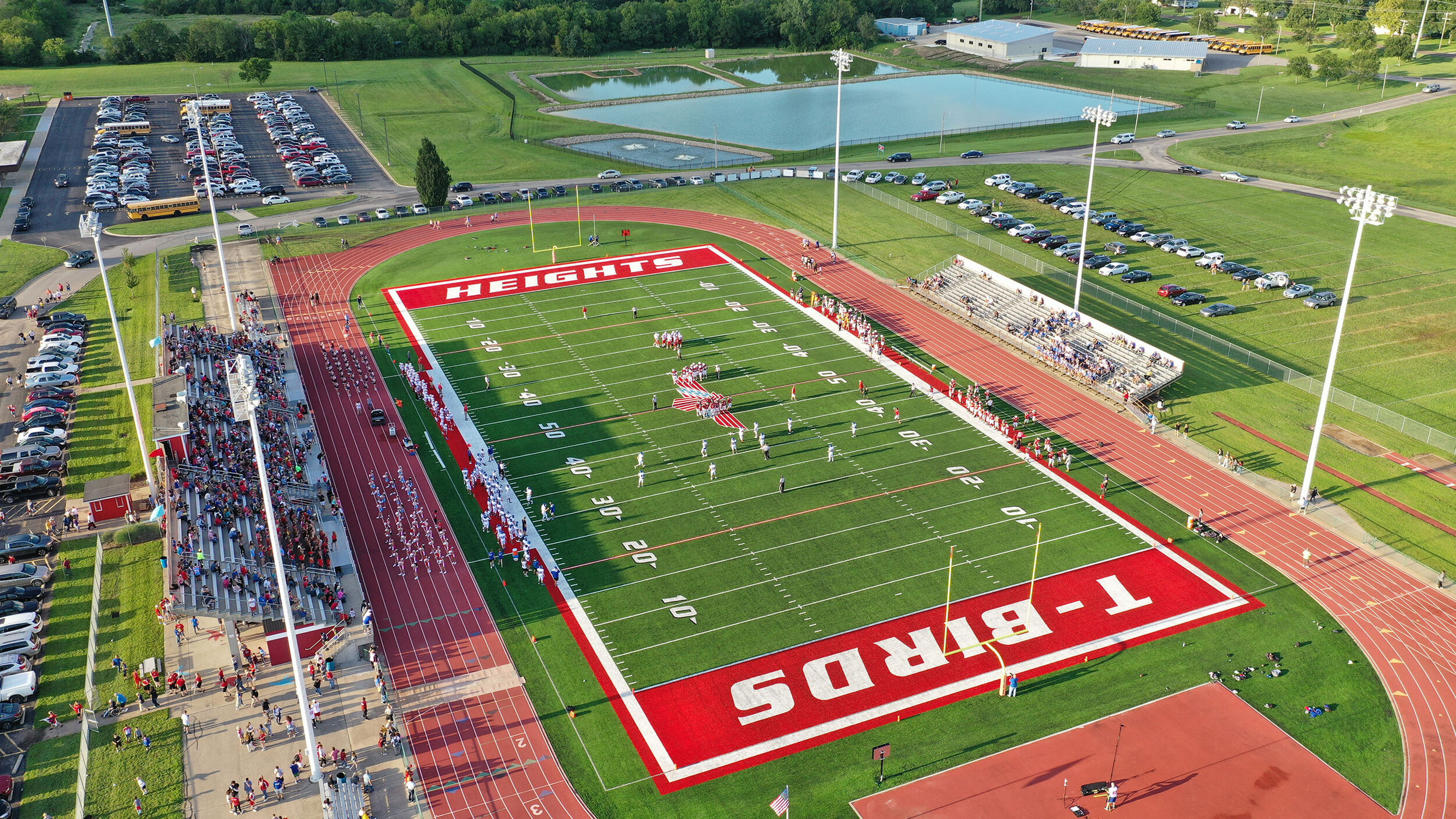
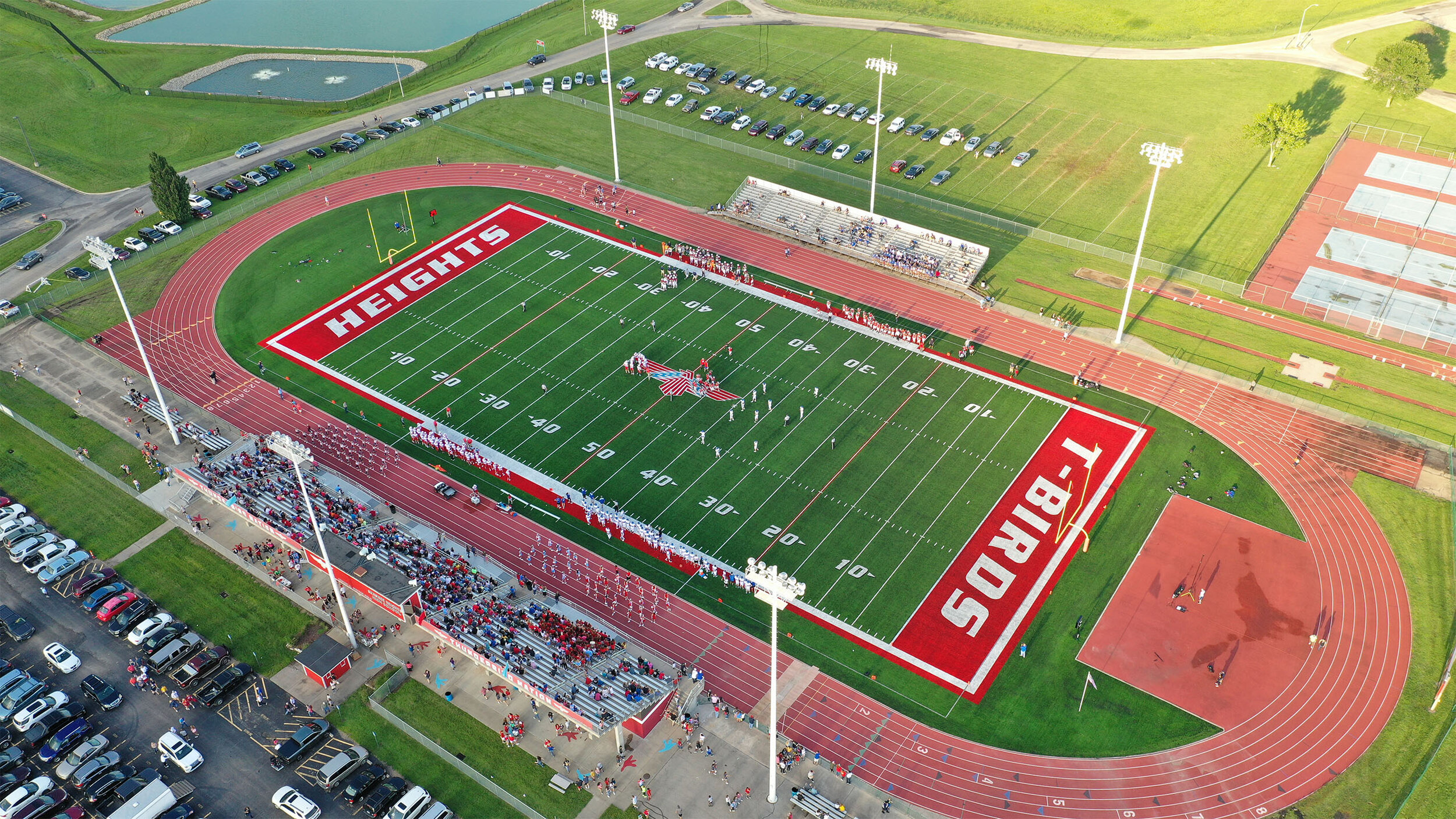
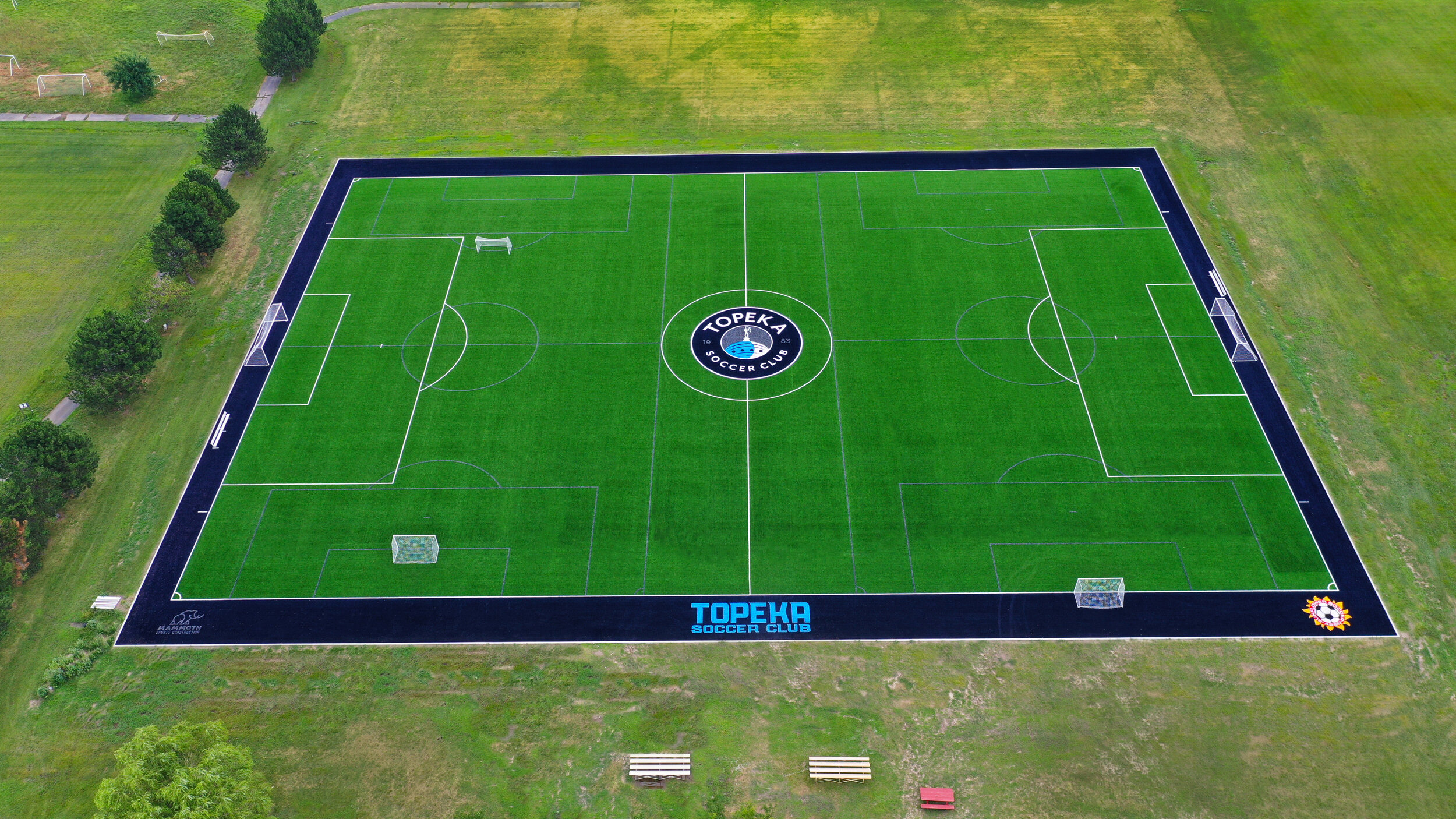
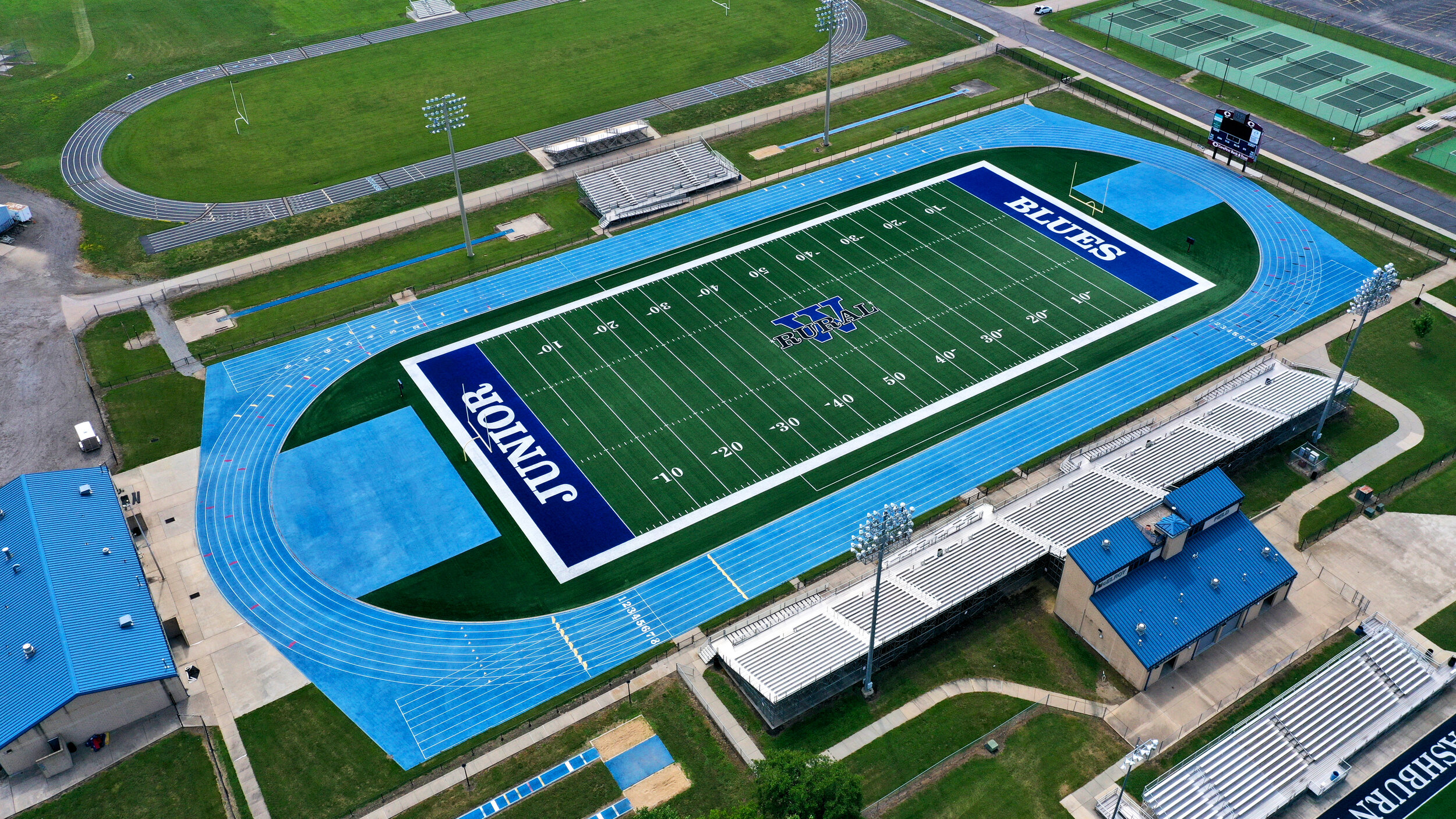
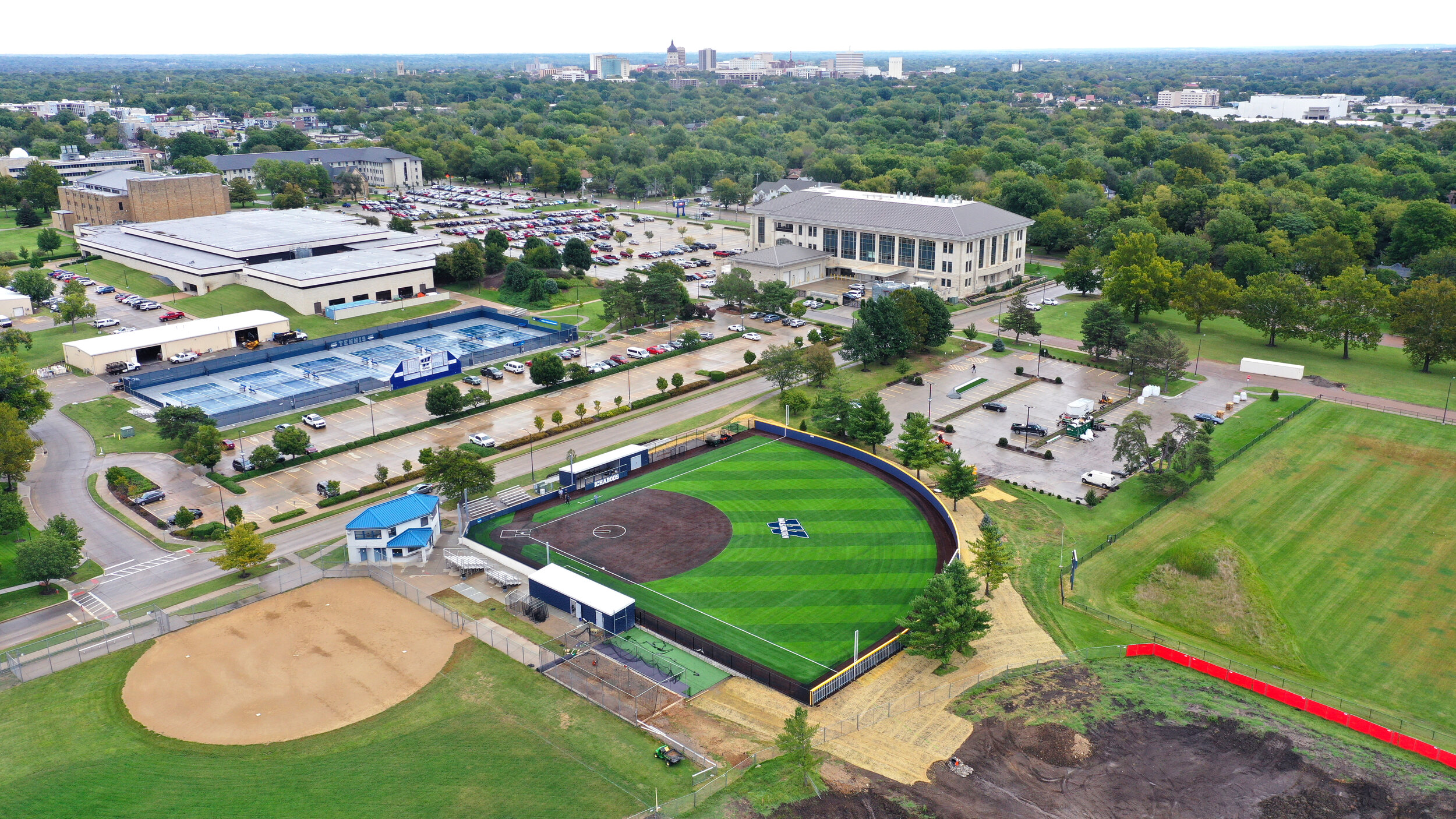
THE BIG LEAGUES
Farrant leveraged the K-State project to push his business further into the big leagues.
“It gave us instant credibility with everybody else across state,” said Farrant.
Farrant used that credibility to grow his team with talent that would attract more high-profile projects. Farrant recruited Brian Morris, former athletic director at Wichita State and Oklahoma State, to head up a new business development team. Morris then recruited more teammates from athletic departments around the Midwest.“
Before then, it was the guys out on the field getting the work done. That's who our employees were,” said Farrant. “[After Morris], we had a sales staff of former athletic directors at the D-1 level. That was a big part of our transformation.”
And what a transformation it was. From 2017 to 2020, Kansas Turf ’s production grew more than 700 percent.
NEW NAME, NEW TURF
The projects kept coming. But one Missouri client had a big hang-up: They wouldn’t allow Farrant’s company to build their football fields with the name Kansas Turf. The situation exposed a hurdle Farrant would certainly face again. If they wanted more national clients, they would need a less territorial name.
Farrant and his team hired Bajillion Agency in 2019 to help rebrand into a national company.
Bajillion provided several names to choose from, but something about “Mammoth Sports Construction” resonated.
“We thought that ‘mammoth’ was very neutral for anybody in the country,” said Farrant. “We also wanted something people could remember.”
After a year-long transition, Kansas Turf officially became Mammoth Sports Construction. The rebrand helped spur on the company’s growth, both on the balance sheet and in scope.
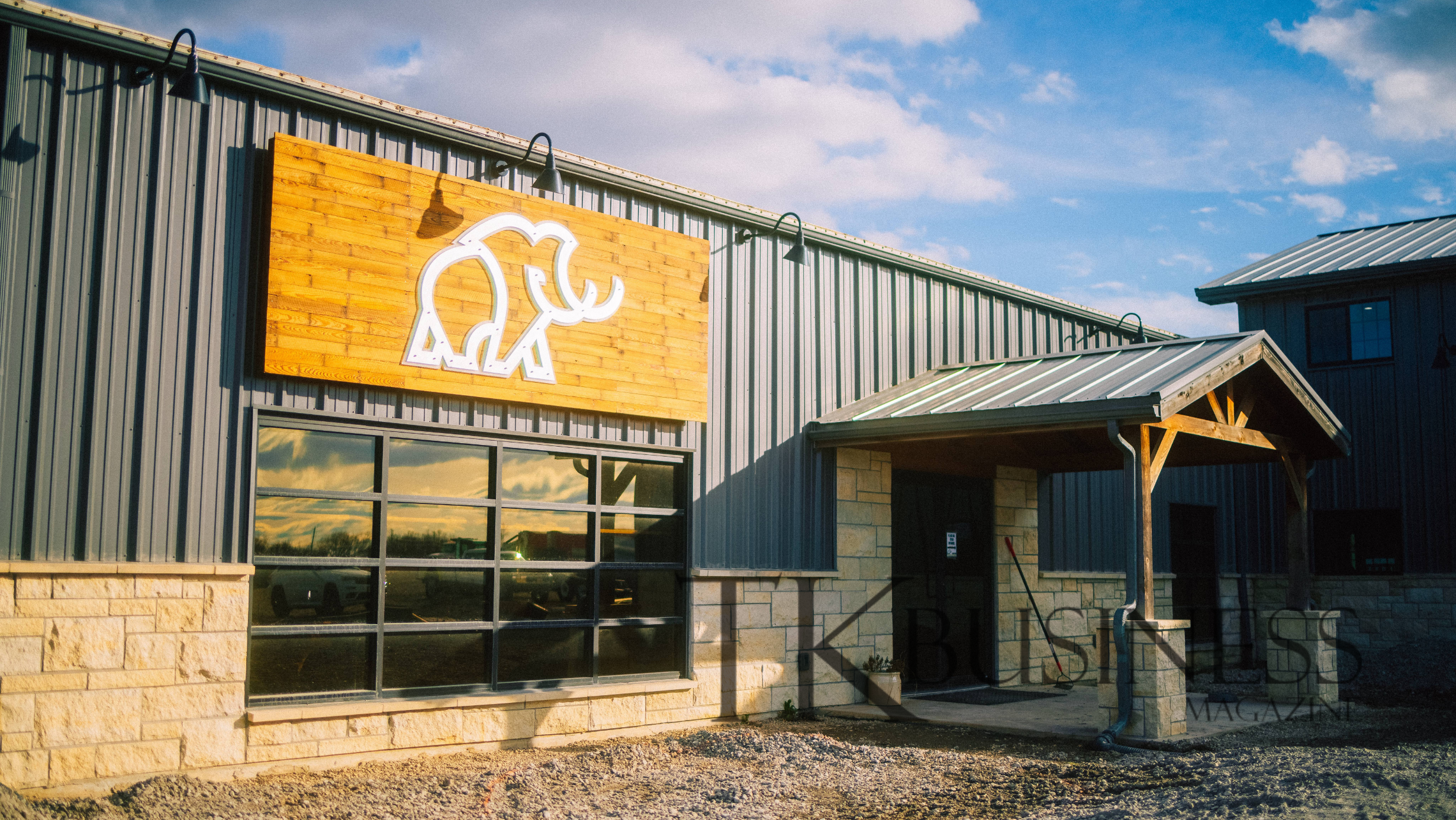
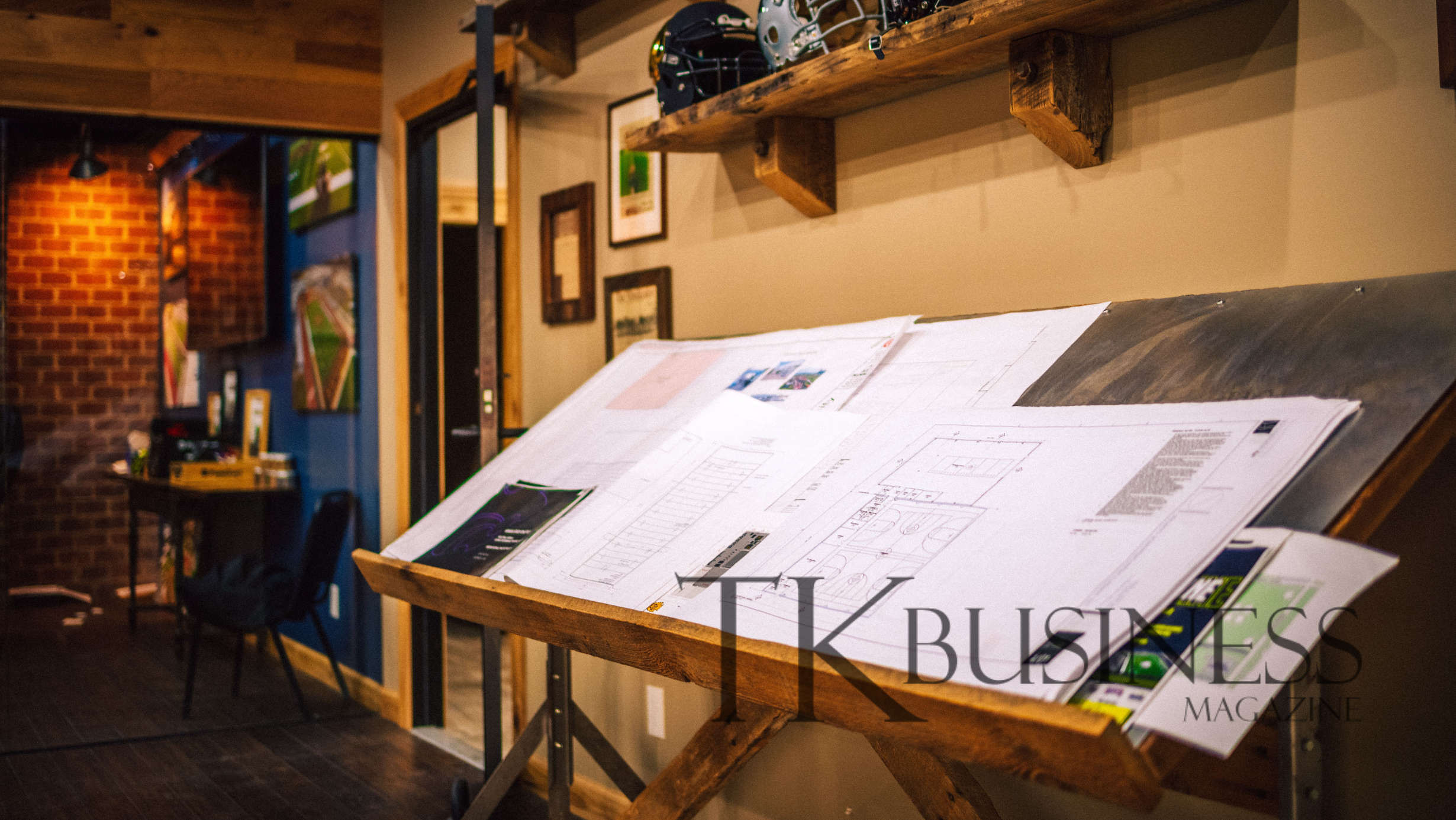
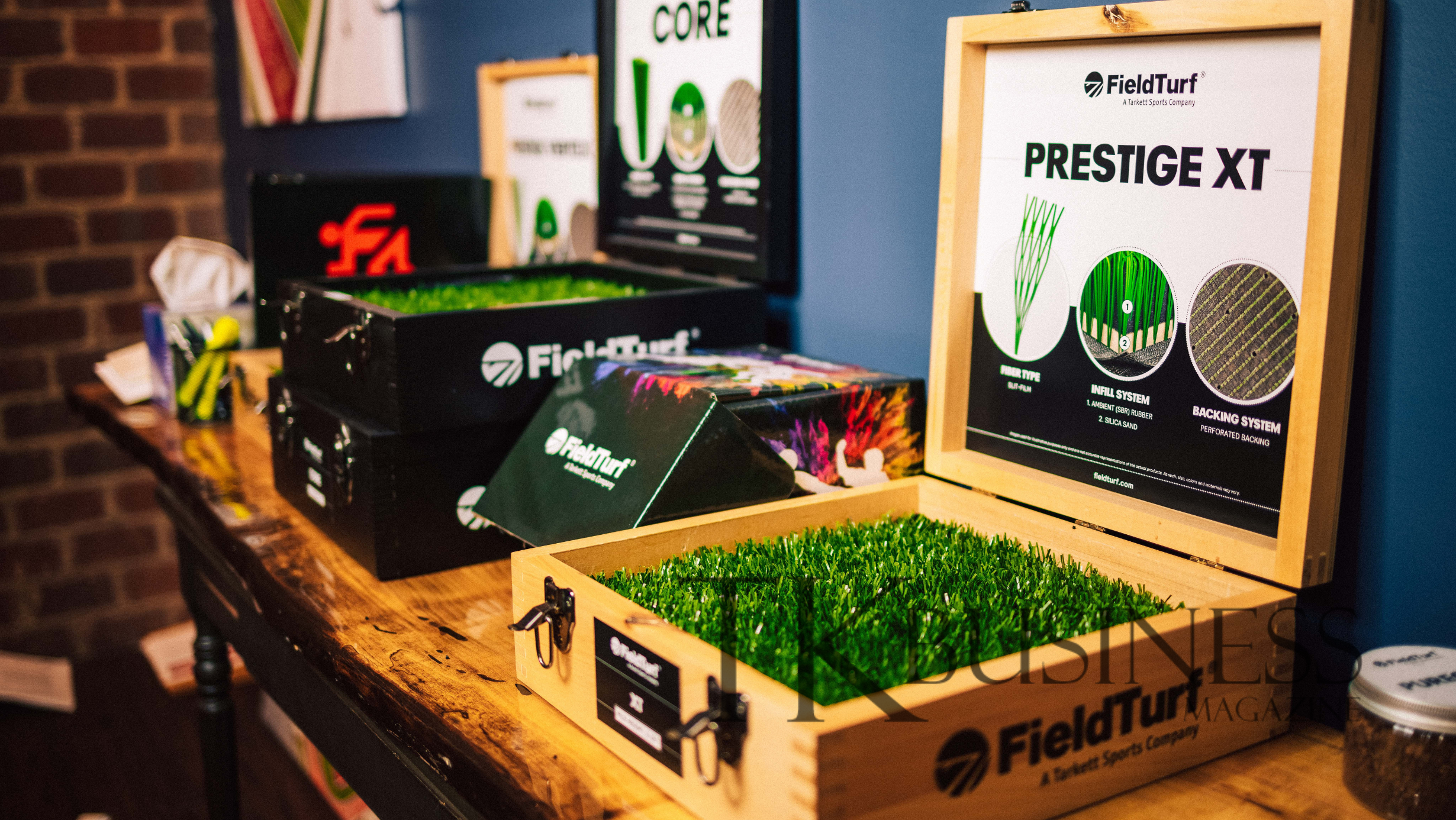
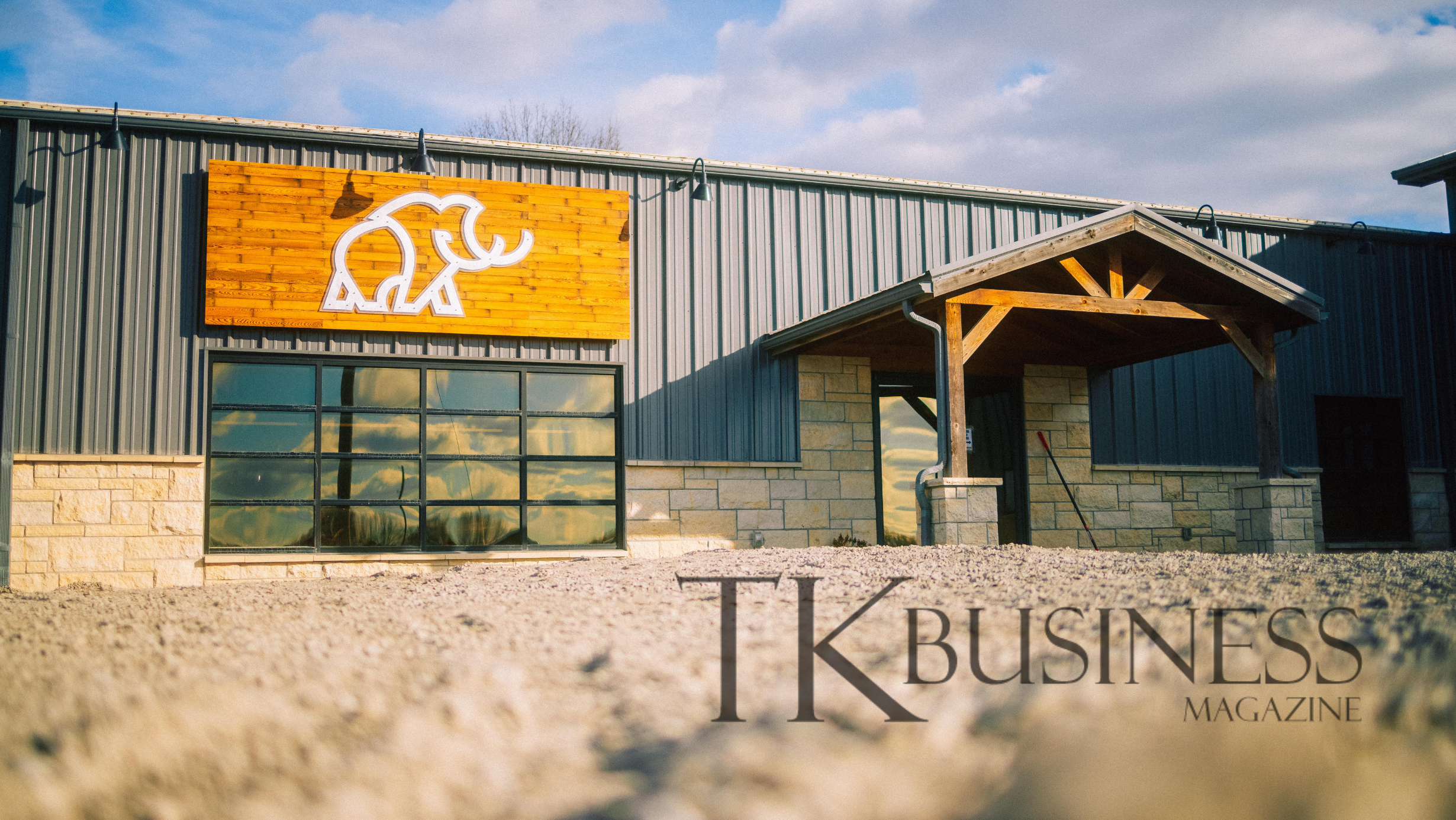
KEEPING PACE WITH THE MOMENTUM
With massive growth comes larger pressures.
“You're never guaranteed anything. You're only as good as your last job,” said Farrant. “Not knowing what the next month or the next year is going to be is a lot of stress to live under.”
Farrant said investing in his personal development has been crucial to keeping his leadership skills on pace with the business. But how does the owner of a multi-million-dollar company find the time?
“I would tell every business owner to join the 5 a.m. club,” said Farrant. “Rise up and spend the hours before dawn on yourself.”
Farrant uses the time to read books, journal, spend time in prayer and get a handle on the business numbers.
“It’s incredibly important to know where your business is,” Farrant said. “You get involved in meetings, and they drag on, and you don't have time for that stuff.”
As much as he values personal development, Farrant puts just as much emphasis on surrounding himself with a great team.
“I love that when we sit in the executive room with all of our people, I’m the least educated,” Farrant said. “I’m the dumbest guy in the room, I always say.”
THE BEAST GOES ON
As Mammoth Sports Construction enters its 11th year, things are looking a lot different than they did from Farrant’s mother’s house when the business first started. For one thing, that girlfriend who lent her credit card? She and Farrant are now married with three kids. As for the business, in 2020 Mammoth Sports Construction completed 75 projects.
Looking back, Farrant credits his success to following core values.
“We treat people right. We have a good product. It doesn’t matter what business you’re in. If you can achieve those things, you’re going to be OK,” Farrant said.
In a way, Farrant’s story has come full circle. Drawing on his experience from his uncle’s golf courses, Farrant now has a golf course division as part of the company. In fact, it is Mammoth’s golf construction team that earned the respect of the Kansas City Chiefs. Today, Mammoth Sports Construction helps maintain Arrowhead’s natural grass field.
While high-profile jobs are an important part of Mammoth Sports Construction’s business, Farrant said there’s something special about local clients.
“As fun as the big lights are, there’s nothing we like better than going into a small Kansas town and putting in a field. It changes the community.” Farrant said. “What made us great is the midwestern commitment to relationships. We’ll never give up our roots.”
TK



